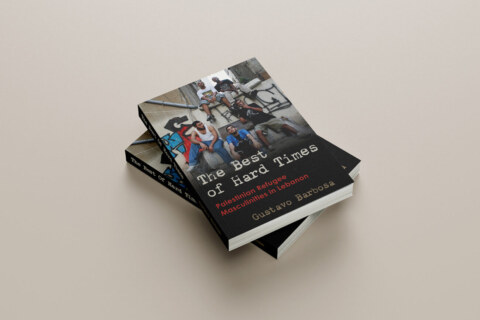Abstract. This article shows that the public-private divide has a specific grounding in the history of European capitalism and political thought and that it has been accompanied, from its very inception, by a particular concept of personhood: the isolable individual, and a gendered one, thought of as being a man. Spaces become gendered in this way and the public-private dichotomy is conflated with two other distinctions: male-female and political-apolitical. In this article, a micro-sociology of Palestinian families during the first Intifada helps to demonstrate the artificiality of the taken-for-granted conflations public-private, male-female and political-apolitical. The consequences in terms of gender of such a de-construction of the public-private divide are also investigated. The paper concludes that a different concept of personhood is in operation here and that, if different polities emphasize various concepts of personhood, there is nothing inescapable or unquestionable about our own stereotype of the isolable individual.

Back to the House: Becoming a Man in the First Palestinian Intifada - Dr. Gustavo Barbosa




